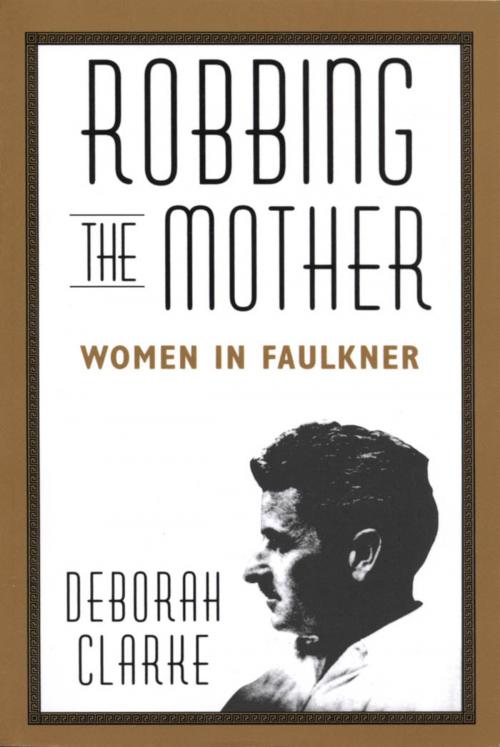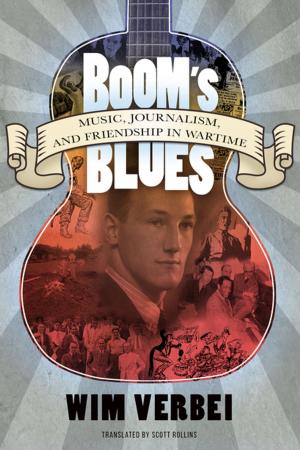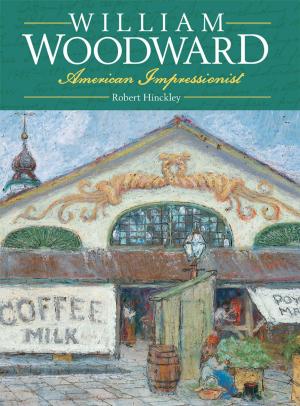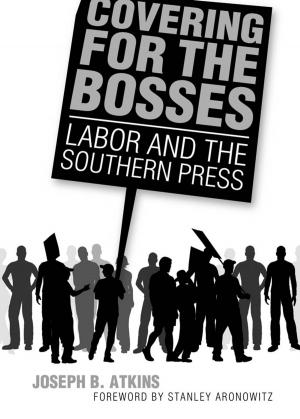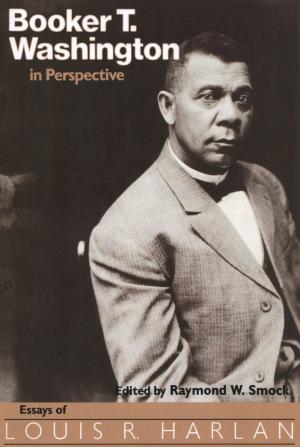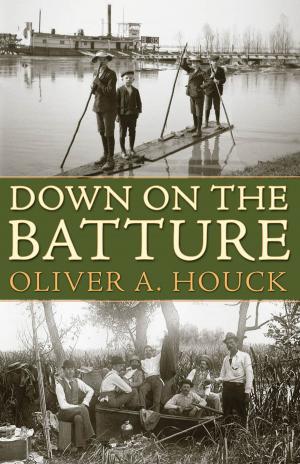| Author: | Deborah Clarke | ISBN: | 9781604736618 |
| Publisher: | University Press of Mississippi | Publication: | January 1, 2006 |
| Imprint: | University Press of Mississippi | Language: | English |
| Author: | Deborah Clarke |
| ISBN: | 9781604736618 |
| Publisher: | University Press of Mississippi |
| Publication: | January 1, 2006 |
| Imprint: | University Press of Mississippi |
| Language: | English |
This study of Faulkner's paradoxical attitude toward women, particularly mothers, will stimulate debate and concern, for his novels are shown here to have presented them as both a source and a threat to being and to language.
"My reading of Faulkner," the author says, "attempts more than an identification of female stereotypes and an examination of misogyny, for Faulkner, who almost certainly feared and mistrusted women, also sees in them a mysterious, often threatening power, which is often aligned with his own creativity and the grounds of his own fiction."
Drawing on both American and French feminist criticism, Robbing the Mother explores Faulkner's artistic vision through the maternal influence in such works as The Sound and the Fury, As I Lay Dying, Sanctuary, Absalom, Absalom!, The Hamlet, Light in August, and The Wild Palms.
This study of Faulkner's paradoxical attitude toward women, particularly mothers, will stimulate debate and concern, for his novels are shown here to have presented them as both a source and a threat to being and to language.
"My reading of Faulkner," the author says, "attempts more than an identification of female stereotypes and an examination of misogyny, for Faulkner, who almost certainly feared and mistrusted women, also sees in them a mysterious, often threatening power, which is often aligned with his own creativity and the grounds of his own fiction."
Drawing on both American and French feminist criticism, Robbing the Mother explores Faulkner's artistic vision through the maternal influence in such works as The Sound and the Fury, As I Lay Dying, Sanctuary, Absalom, Absalom!, The Hamlet, Light in August, and The Wild Palms.
